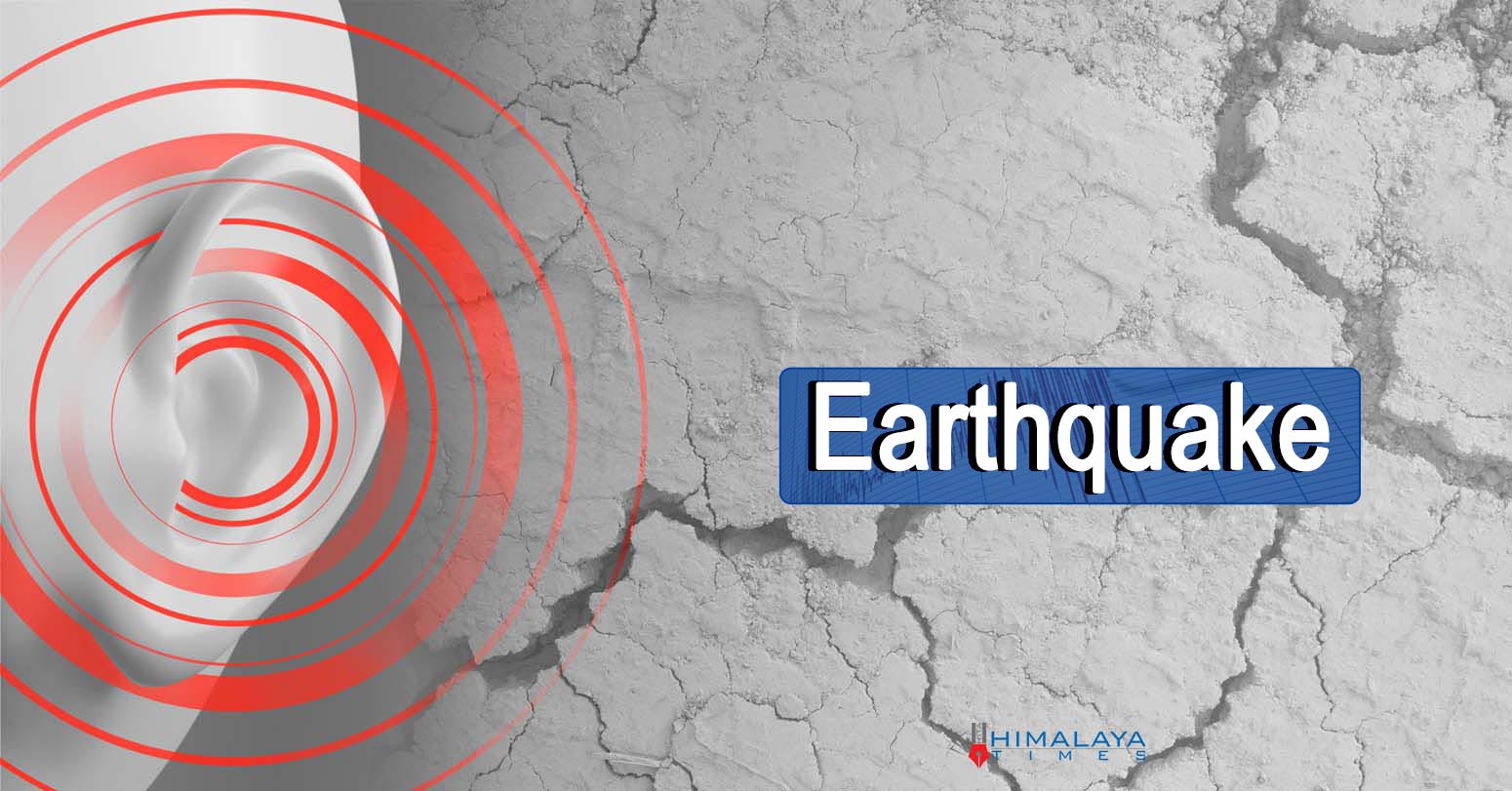
- Prof. Dr. Mohan P. Lohani
Khagendra Prasad Bhattarai, Professor of English, former Vice-Chancellor, Pokhara University, former President, Nepal University Teachers' Association and former Secretary General, Nepal Council of World Affairs, has multi-dimensional personality. Apart from being a well-known educationist, he is also a poet who expresses his feelings, thoughts and experiences in simple, intelligible and lucid language in both English and Nepali Poems. His English poems, numbering 20, and Nepali poems, 8 in number, deal with themes and events ranging from his personal experience when he falls ill, encounter with nature, human sensibility, and spiritual insight to the world in crisis, the meaning of life, patriotism, and his attitude towards time.
Bhattarai's poems in English and Nepali language are not composed in chronological order. They can be grouped as early and later poems. While his early English poems are the following : Motherland (1976), Hunger and Thirst (1976), Today’s World (1976), Life (1977), The Fountain (1978), The Doctor’s Advice (1979), Justice (1979), Farewell (1980), Is It My Own Spark (1981), The Inward Eye (1985), Your Eyes (1985), his later English poems include My Daughter’s Prayer (2001), Tears of a Woman (2007), The Irony of Fate (2008), A Blissful Moment (2008), Basking in the Sun in Kathmandu (2009), Laddoos for Hanuman (2009), The Seeing Blind (2009), Attainment (2020) and A Dream (2021). Likewise, his Nepali poems numbering only 8, include 3 poems – Stealthy ( Furtive) Glance, A wood carrier belle, and Deceit - all composed in BS 2035 in Kalikot, West Nepal. The remaining 5 poems Broken Mind (BS 2078), After Retirement (BS 2078), Life (BS 2079), Relationship (2080) and Time Interrupted (2080) were composed in BS 2078, BS 2079 and BS 2080 respectively.
'Motherland' (1976) is full of patriotic fervor and sentiments. The Poet's deep attachment to and love for his motherland is expressed in this poem. Motherland to the poet is dearer to him than any other worldly object. In ‘Hunger and Thirst’ (1976), love’s power is described in emotionally moving lines. In ‘Today's World’ (1976), the poet deplores the predicament of the modern world in which man is fighting with man; humanity is bent on killing each other. The poet's concern is expressed poignantly through these lines: ‘Man threatening man / Ready to make war on each other’.
‘Life’ (1977) emphasizes the importance of balance or equipoise without which life is doomed to decay and death. To quote him ‘those who fail / are ruined’. The poet's love of nature embodied by ‘The Fountain’ (1978) is succinctly conveyed in the concluding line: ‘What a fullness of life and majesty.’
The inward eye equated with higher consciousness dispels external darkness which is comparable to ignorance. To quote the poet, ‘The inward light / reveals itself in the dark’.
The use of sarcasm in ‘Justice' (1979) lashes out at the judge who cannot give justice to the fish caught on his hook, which leaves the world dazed, sad and shocked. There is a philosophical undertone in ‘Is It My Own Spark?’ (1981). The origin or source of life's spark is an enigma and baffles the poetic persona. A similar tinge of Vedantic philosophy comes out forcefully in ‘The Inward Eye’ (1985). The inward eye equated with higher consciousness dispels external darkness which is comparable to ignorance. To quote the poet, ‘The inward light / reveals itself in the dark’. No less remarkable and emotionally moving are the later English poems of Bhattarai. ‘My Daughter's Prayer’ (2001) describes the therapeutic value of prayer which has a psychological impact as a result of which the patient feels relieved of his pain.
‘Tears of a Woman’ (2007) depicts the anguished cry of a woman, so poor that she can't even pay rupees five per month for her child's food. The poem gives us a glimpse of Nepal steeped in abject poverty, be it far West Dadeldhura or a suburb close to capital city. ‘The Irony of Fate’ (2008) is another heart rending poem that takes us to Sudan, an African country, torn by civil strife, poverty, backwardness, and perennial political crisis. The sight of a boy ‘emaciated and hungry’ was so shocking to the news reporter that he committed suicide. The poem testifies to the poet's global outreach. It is no longer insular in outlook. In a ‘Blissful Moment’ (2008), the reader takes respite from the gloom of suicide of an earlier poem and feels thrilled and elated, like the poet who enjoys the picnic ‘with drinks and delicious food’,
‘The Seeing Blind’ (BS 2066) is sarcastic about people who have eyes but are blind to the plight of disabled people trying to survive with dignity, self-respect and self-confidence. The element of sarcasm is also discernible in ‘Laddoos for Hanuman’ (BS 2066) in which the last two lines are a scathing commentary on selfish devotees who would not share the sweets with the hungry old people waiting to get some sweets to quench their hunger. Even the stone image of God looks thin, pale and weak because of sins committed by selfish human beings.
The poet’s unwillingness to interpret the dream left open for Freudian dream analysis is a poetic device very modern in post-modern poetic tradition.
‘Attainment’ (2020) is an emotionally moving poem suggestive of the union of two hearts. The two lovers in each other’s arms merge their identity in ‘complete silence’ without words and enjoying ‘eternal peace and eternal bliss’. The last poem in the anthology of English poems is ‘A Dream’ (2021). The poem opens on an exclamatory note: What a dream! It is a delightful dream and he finds no words to describe ‘a graceful sublime beauty / And a blissful moment’. The poet’s dream mingles with nature suggested by the ‘rainbow across the river / added further divine beauty and glory’. The poet finds himself on a bridge ‘over a beautiful mountain river / with clean blue flowing water / under it’. The use of compound epithets ‘clean, blue and flowing’ lends rhythm to the line. It is a personal lyric narrating a dream experience with romantic overtone in simple but elegant language. The poet’s unwillingness to interpret the dream left open for Freudian dream analysis is a poetic device very modern in post-modern poetic tradition.
Bhattarai’s Nepali poems, only 8 compared with English poems numbering 20, merit close attention and analysis. Three poems, namely, Stealthy (Furtive) Glance, Wood Carrier Belle and Deceit were composed, as stated earlier, in Kalikot, West Nepal in BS 2035. The mood, the setting and the content are different from the remaining 5 poems that follow. In ‘Stealthy (Furtive) Glance’, the poet cannot resist the attraction of the opposite sex. As he describes the compelling urges of youth, the mood is invariably romantic. The second poem ‘The Wood Carrier Belle’, also composed in Kalikot in BS 2035, reminds the reader of Wordsworth’s solitary reaper. The poet, impressed by the damsel’s physical charm, confidently describes her as a daughter of nature which manifests itself in her movement, her beauty and her seductive physical features against the backdrop of natural flora and fauna. The 3rd poem composed in Kalikot in the same period is Deceit. The poet is aware of his limitations but refuses to present himself as a nonentity. Imperfection is not deceit, he asserts emphatically. The heart’s throb is not deceptive while appearance may be so. Three other poems written in different periods – The Broken Mind, Life and Time interrupted have both personal and impersonal attributes. The poet’s mind, in ‘The Broken Mind’ (BS 2078), is disturbed not because of floods, landslides and storms indicative of climate change crisis but he is concerned about the plight of the country lacerated by incongruities, aberrations and multiple contradictions. He has, however, not lost hope and is still waiting for rejuvenation of the country.
The drudgery of life is depicted in the poem ‘Life’ (BS 2079). The normal rhythm of life is disrupted because of small but essential needs like electric breakdown and shortage of water supply.
The third poem is ‘Time Interrupted’. The tone is metaphysical when the poet feels that time is frozen and static. While life is a dynamic process, ever vibrant, energetic and exhilarating, Time is tedious to him, not energizing but suffocating. In other words, he finds himself a prisoner of time as the last stanza amply corroborates his perception of time:
Time stands still
Cheerless, tedious
Suffocating
No more sleep and no more hunger
No more hope and no more zest for existence
What is time – it’s like a prison
The poem, in my opinion, reflects the mood of the poet as he cannot make the most of his time. Stagnation in time is the result of poet’s inaction, lack of energy and resilience. His frustration and inertness do not get attuned to the unimpeded flow of time.
To sum up, Bhattarai’s English and Nepali poems establish him as a promising modern poet sensitive to the changing dynamics of life, society and the world demanding a new order. Bhattarai’s poetry succeeds in maintaining a synergy between the personal hopes and impulses as well as the world in transition with its challenges and opportunities. The poetic diction is a suitable medium for him to articulate his feelings, passions, experiences and expectations.
The author is the former head of Central Department of English at Tribhuvan University.

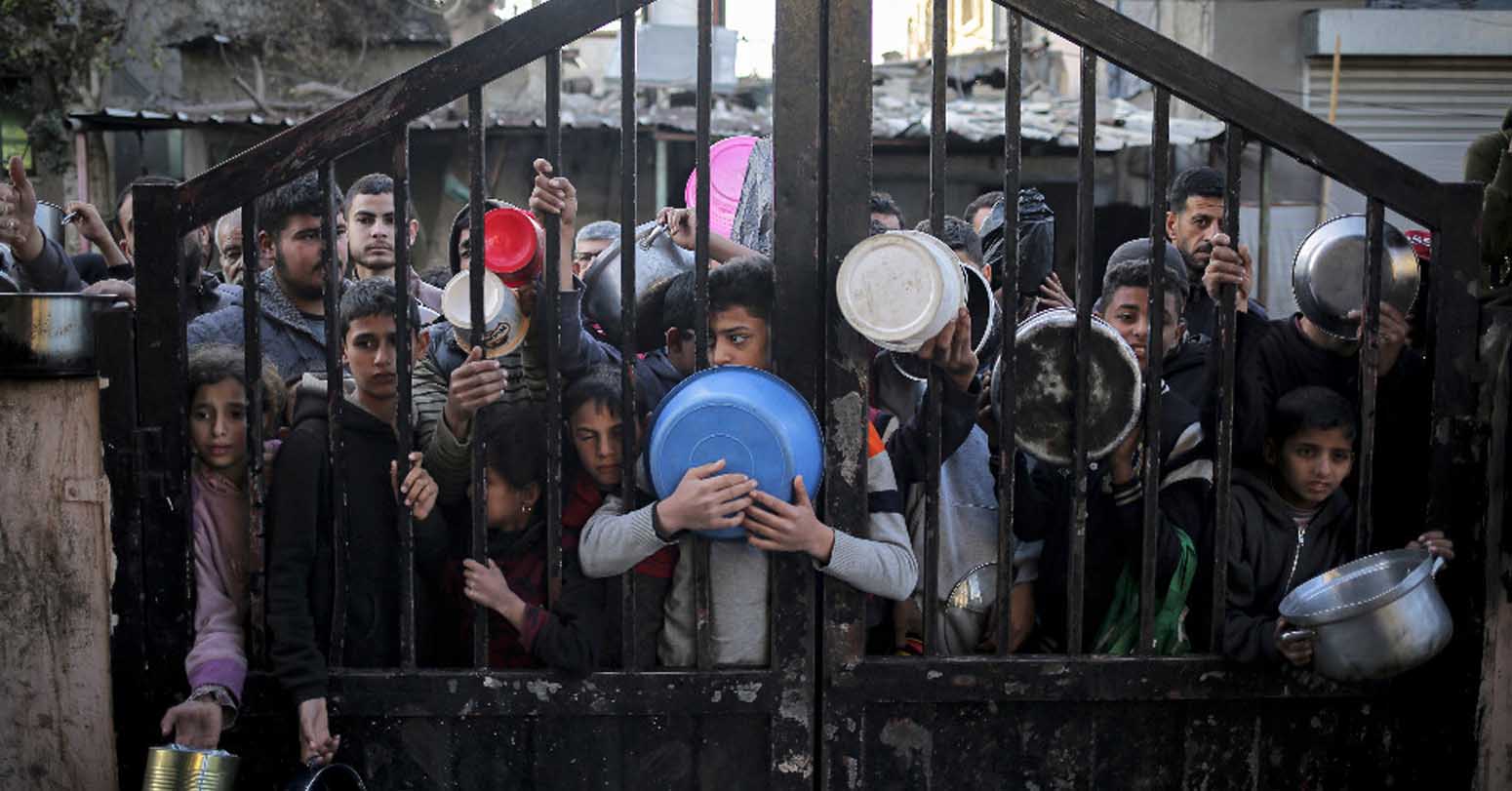



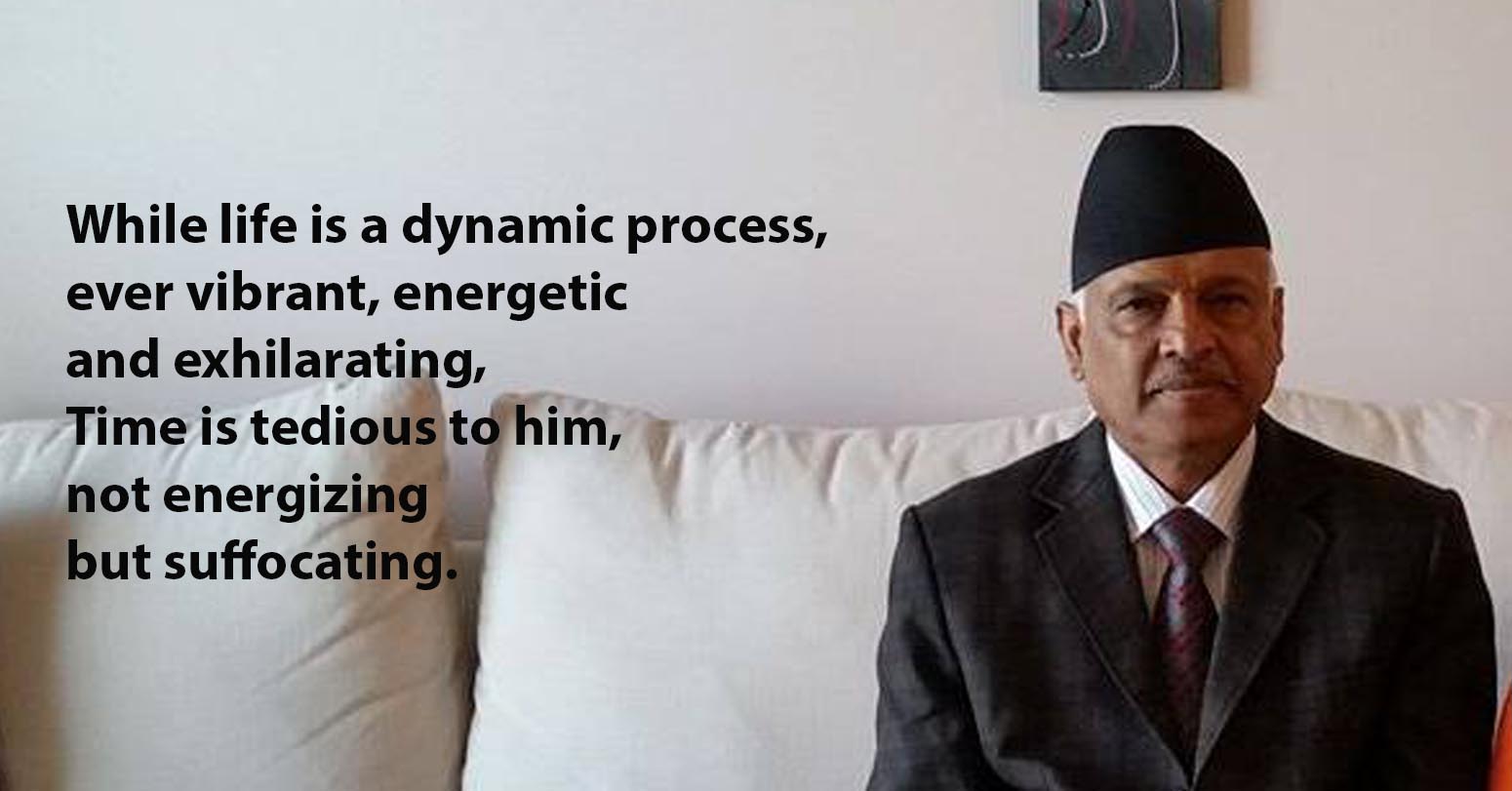



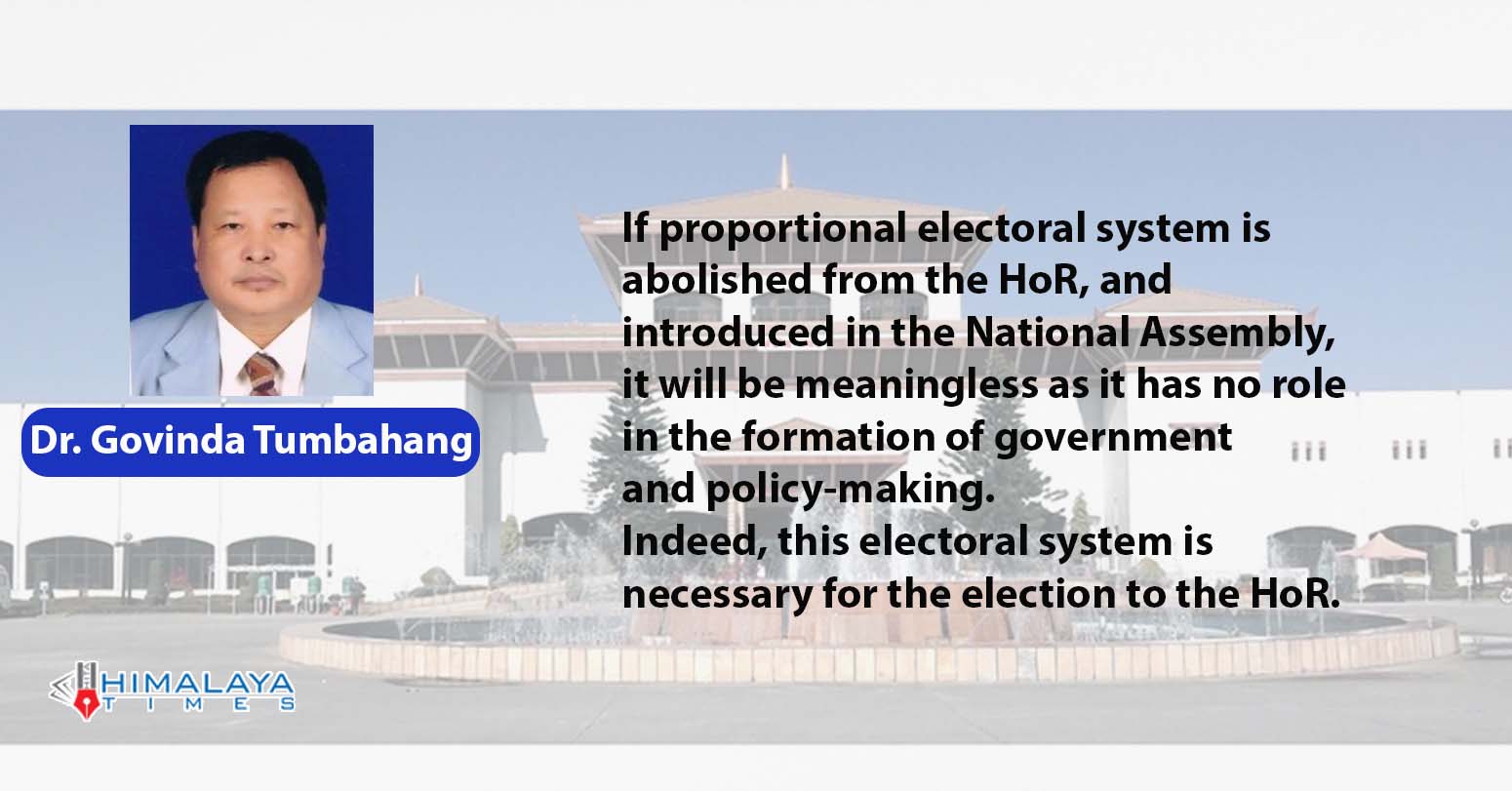


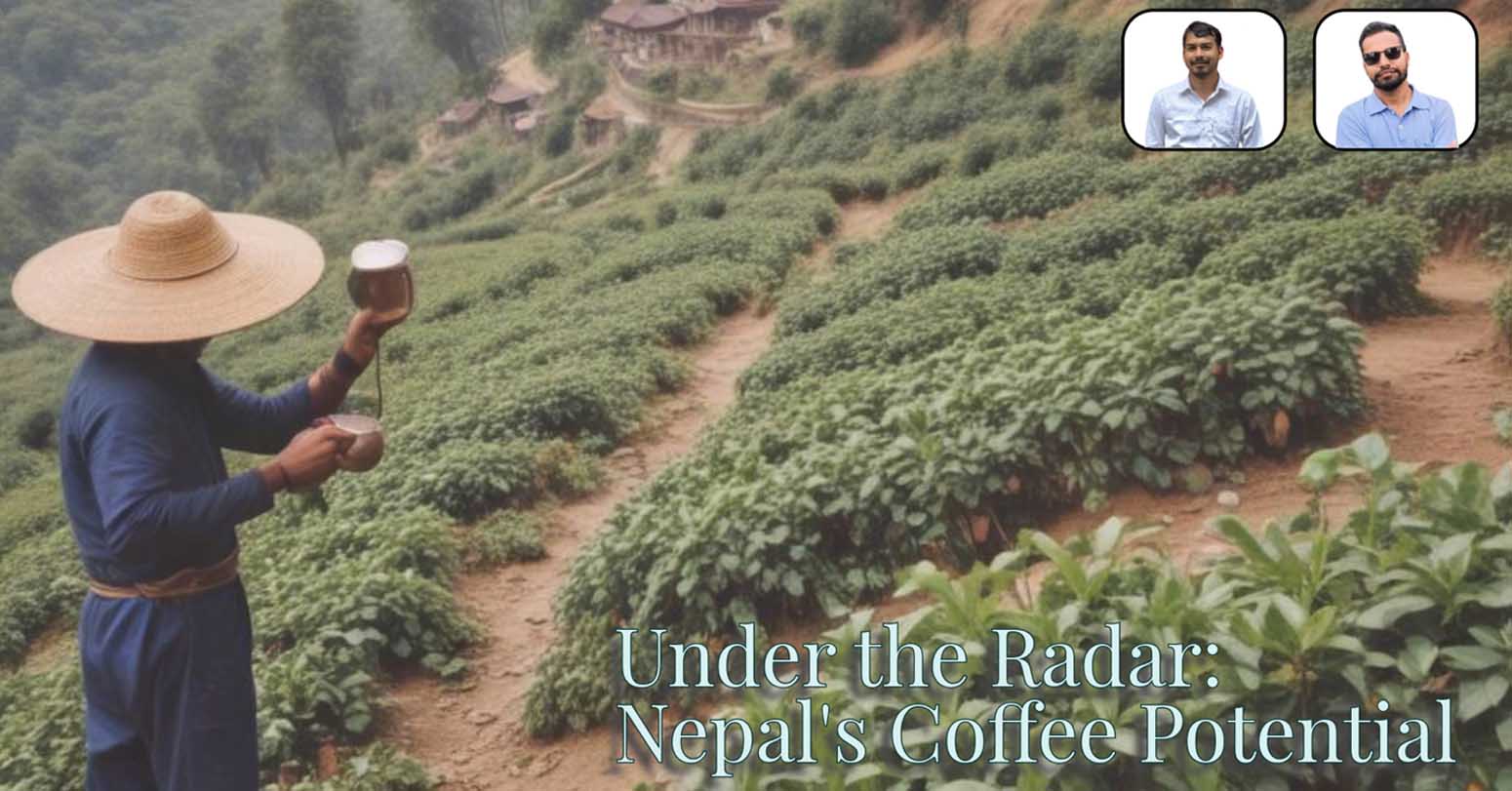


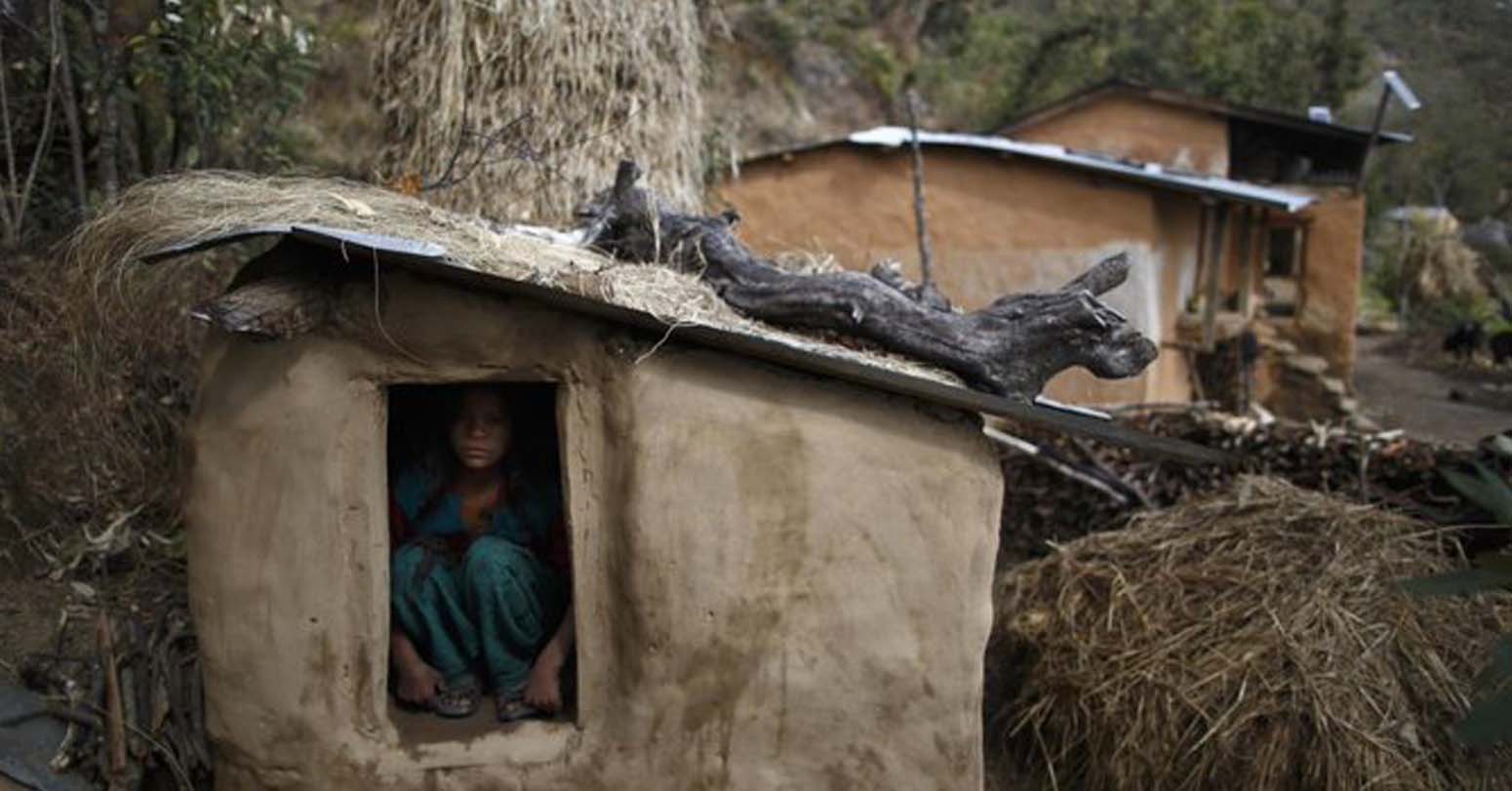


Comprehensive Data Protection Law Critically
Gender Differences In Mental Healthcare
Messi Wins Best FIFA Men’s
Erosion of Democracy
Fly Dubai Catches Fire in
“Complexities of the South Asian